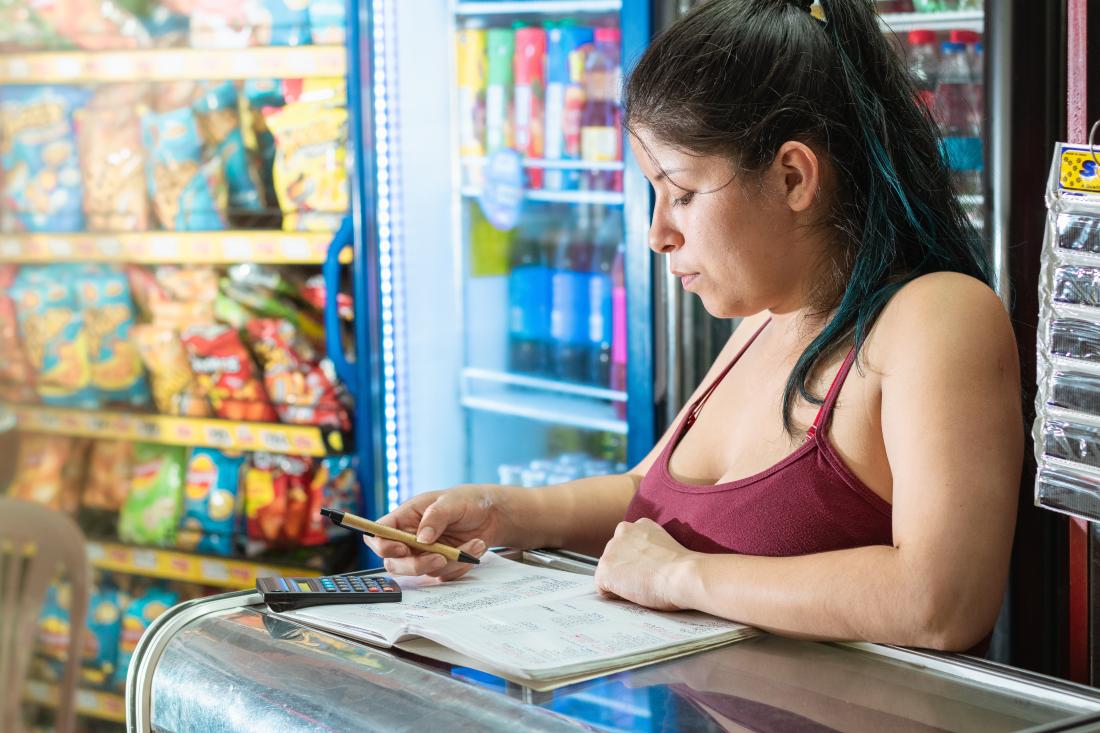Impact of Digital Financial Education and Information Provision on Gender-Based Violence in Colombia
The Covid-19 pandemic increased both economic insecurity and gender-based violence, specifically domestic violence. In Colombia, researchers conducted a randomized evaluation to test the impact of a messaging-based program via WhatsApp focused on financial education, couples’ communication, and information provision on financial capability, women’s empowerment, and intimate partner violence.
Policy issue
Worldwide, lockdowns related to the Covid-19 pandemic resulted in an increase in gender-based violence (GBV), specifically domestic violence. Lockdowns amplified the risk of intimate partner violence (IPV) since they aggravated economic and other stressors in the household, while making it harder for women to escape abuse and seek help.
Existing evidence suggests that digital financial education programs focused on women can improve financial knowledge and practices, with greater benefits for more vulnerable populations. While the exact relationship between economic stress and IPV is unclear, digital financial training platforms may be an effective strategy to help tackle IPV and build financial resilience. Can a digital financial education program, with content to improve communication between couples, reduce domestic violence while enhancing financial resiliency?
Context of the evaluation
In Colombia, immediately after Covid-19 lockdowns started in 2020, calls to the national GBV helpline increased by 91 percent relative to the same time period in the previous year. Colombian NGOs reported a 250 percent increase in cases of GBV in the last weekend of March 2020. Moreover, it is estimated that 2.5 million jobs were lost due to the Covid-19 crisis and related lockdowns, while unemployment rose by 50 percent, from 10 to 15.9 percent.
In this setting, every formal worker was obligated to join a family compensation fund. Fund members with low wages received a bimonthly money transfer to cover some household expenses. All members of the study population were minimum wage formal workers, making them eligible for this financial subsidy, and received their subsidy from the family compensation fund Confama. Despite this economic support, on average, the study population had more debt than savings prior to the intervention. Only fourteen percent of participants saved in a bank. Many participants had debt to banks or informal debts, including to loan sharks.
Antioquia, where this study takes place, was particularly affected by violence in the past during Colombia’s armed conflict. As a result, certain social protection services had a weaker presence in Antioquia than in other Colombian states. Before the intervention, 40 percent of women reported experiencing at least one incident of domestic violence in the previous year, which aligns with the national average.
LISTA Familia, the study’s main program, was delivered via a purpose-built WhatsApp platform and adopted from a previously successful, tablet-based financial education intervention called LISTA. The intervention had two main components: an intelligent bot for individual users and a moderated group chat. The intelligent bot, ConHector, responded to participant input by providing information about Covid-19, financial planning, and communicating with intimate partners. ConHector provided information about assertive communication, dealing with disagreement, fair division of household labor, and gender norms. The moderated group chat was meant to encourage participants to use ConHector and provide additional information, including videos, simulations, games, and quizzes.

Details of the intervention
In partnership with Confama and Fundación Capital, researchers conducted a randomized evaluation to test the impact of a messaging-based program focused on financial education, couples’ communication, and information provision on financial capability, women’s empowerment, and IPV across fifteen municipalities in Antioquia, Colombia.
Researchers started with a sample size of 2,500 minimum-wage workers, 800 of whom were men and 1,700 of whom were women. The minimum-wage workers were randomly assigned to either receive the LISTA Familia program in addition to their usual bimonthly subsidies, which predated the pandemic, or to a comparison group. A total of 1,980 participants were offered the program, and 953 agreed to participate.
The researchers focused on three primary outcome types: financial capability, including knowledge, attitudes, and practice; women’s empowerment, including agency and achievements; and GBV, including communication and male controlling behavior. The program was launched in June 2020 and ended in August 2020. The project used data from baseline and follow-up surveys, as well as administrative data from Confama and employment data.
The intervention aimed to enhance women’s empowerment and decrease IPV via financial education and improved communication. However, the exact relationship between economic stress and IPV is unclear. To mitigate the potential increased risk of IPV in a setting with increased economic stress, researchers provided participants with hotline contacts as well as information on calming methods and strategies for dealing with conflict.
Results and policy lessons
Research ongoing; results forthcoming.

